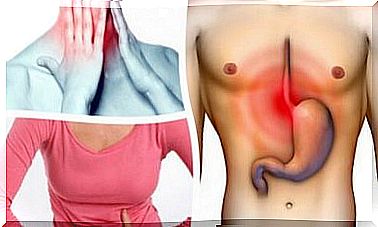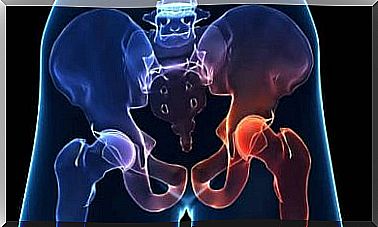12 Consequences Of Poor Sleep
Scientific studies are increasingly proving that sleeping poorly can affect our daily lives and our health. There are numerous consequences on a physical and psychological level when we are unable to get restful sleep.
According to experts, a person should sleep between seven and eight hours a day to maintain an excellent physical, emotional and mental state.
However, changes in lifestyle in the world today have reduced the quality of sleep and the ideal time for rest.
Here are the 12 consequences that sleeping poorly can bring.
Anxiety and desire to overeat
Lack of sleep is related to the desire to overeat, especially at night, when metabolism is slower. Faced with this situation, the tendency is to consume excess calories, which will lead to weight gain.
Still, when we don’t get enough sleep, we’re more likely to crave fast foods because of their convenience, even though we’re not really hungry.
Increased risk of having an accident

According to a survey conducted by the National Sleep Foundation of the United States, people who do not sleep for at least 6 hours a day, triple the risk of suffering a car accident by driving sleepy due to the effects of tiredness on eye coordination.
If you don’t drive, you can still get dizzy.
Weakening of the immune system
When we don’t get restful sleep and prevent our bodies from getting enough rest, the immune system weakens and, as a result, we are more likely to suffer from flu, colds and respiratory infections.
Uncontrolled emotions
When we don’t sleep well, the emotional regions of the brain are up to 60% more active, which can trigger more uncontrolled and inappropriate reactions and emotions. This was proven in a study carried out by the University of California and Harvard Medical School in 2007.
Less physical attractive
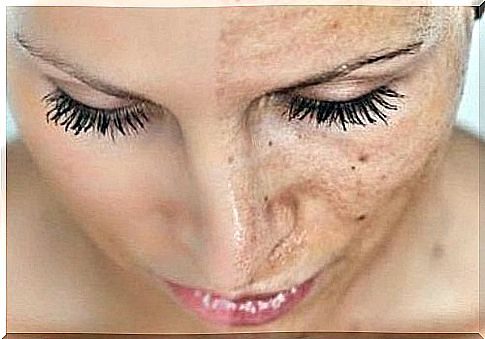
There is no doubt that restful sleep is the key to looking better physically and staying in shape.
As demonstrated by several researches, when we sleep poorly, we have an unhealthy look that is mainly reflected in our face. Over time, this situation can progress and be the cause of premature aging.
Weakening of brain tissue
Spending a sleepless night can lead to weakness and loss of brain tissue. This value is calculated by the blood levels of two brain molecules, the neuron-specific enolase and the S-100B protein, which tends to increase if there is damage.
Concentration and memory problems
The fact that we sleep poorly and have poorly restful sleep affects our ability to concentrate and leaves us more forgetful. These issues can affect our ability to learn and our ability to retain information.
Increases the risk of a stroke
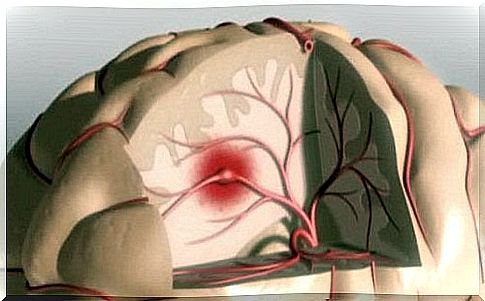
In the long run, poor sleep and poor sleep habits can increase the risk of having a stroke, especially in adults and the elderly.
Sleeping poorly increases the risk of obesity
Food anxiety increases at times when we cannot sleep. Numerous studies claim that not sleeping well affects metabolism and hormones such as ghrelin and leptin, which regulate appetite, changing its levels considerably.
Increased risk of getting cancer
Even though one thing doesn’t seem to have anything to do with the other, research has determined that people who don’t sleep well are at greater risk of developing colorectal polyps, which can become malignant over time.
In addition, other studies have linked sleep problems with the development of breast cancer.
Heart diseases
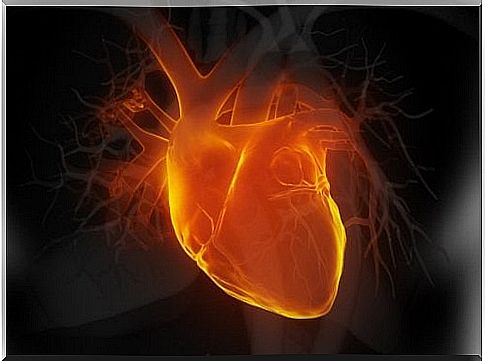
A study published by Harvard Health Publications asserts that lack of good sleep is linked to increased hypertension, blocked arteries and heart problems.
shorter life expectancy
Sleeping well is synonymous with quality of life and longevity, as revealed by a survey by Sleep magazine, which for a long time was dedicated to studying the sleep habits of 1,741 men and women.
It was found that people who slept less were at greater risk of early death compared to those who rested well.





